With all the subpoenas served on Trumpworld in the past weeks, it might be tempting to conclude that the Justice Department will simply investigate this matter forever, circling and circling the organizing, funding and execution of January 6 without ever striking at key White House conspirators. But that wouldn’t be a good bet to take. Looking more closely at the issuance and execution of warrants gives an understanding of precisely whose property has been searched and seized by the FBI. And this is far more illuminating and consequential than counting up and sorting through the subpoenas to various underlings who have been called to testify.
A prime example is disgraced Justice Department attorney Jeffrey Clark, the man who wanted to replace acting Attorney General Jeffrey Rosen in the waning days of the prior administration. Clark made his case to Trump after the Department refused to go along with his vote fraud schemes involving the Georgia legislature, in which he had proposed urging officials in that state to investigate and even perhaps overturn President Joe Biden's electoral victory there. It was only Rosen’s threat of mass resignations of Justice Department officials that stayed Trump’s hand.
Back in June, federal agents searched Clark’s home and seized his electronic devices, including his phone, while he stood outside in his pajamas in the street in the wee hours of the morning. “I opened the door and asked for the courtesy to be able to put some pants on and was told, ‘No, you’ve got to come outside,’” Clark complained, eager to portray himself as a victim of an overzealous Justice Department rather than a coup plotter being investigated for his actions. Bu until now there were no details about the warrant that authorized that search of his home and seizure of his devices.
CNN reported on Wednesday, however, that Clark gave up a bit of the game in an unlikely way: in a still-confidential filing regarding an ethics complaint brought against Clark before the D.C. Bar. A report issued from that proceeding quoted Clark’s disclosures of the details of the search of his home. Clark had argued to the disciplinary committee that the proceedings there should be put on hold while the Justice Department and other authorities investigate him. Per the report, the search of Clark’s home was part of an investigation into violation of laws concerning false statements, conspiracy and obstruction.
If you aren’t a lawyer, you might miss how big a deal that is. As the American public has been learning with the investigation and search of Mar-a-Lago, every warrant for a search of a property has to include a supporting affidavit in which the authorities make their case to a judge. That case must include specifics about why there is probable cause to believe that a crime has been committed and that evidence of that crime exists in the property cited in the warrant.
It follows that the authorities usually lay out which crimes they believe have been committed. In this case, Clark has admitted that the crimes under investigation are false statements, conspiracy and obstruction. These match up rather neatly with the crimes that the January 6 Committee have alluded to with respect to the Big Lie and the effort to overturn the election:
- Defrauding the United States (e.g. a multi-state fake elector scheme and intentional false statements of election fraud spread by many Trump acolytes, including Clark),
- Conspiring to illegally stop the vote count on January 6 (e.g. the Eastman six-point soft coup plot), and
- Obstruction of Congress (e.g. efforts to use the Big Lie to rally Trump supporters to D.C. and the scheme to get Pence to overturn the election).
Now, it’s also possible that the FBI is investigating specific false statements that may have been made to them during the course of the investigation. It may also be possible that the obstruction investigation relates only to efforts to thwart the Department’s inquiry, and not Congress’s electoral count. Such is the risk inherent with generalities. But “conspiracy” is the most interesting reveal here because that crime necessarily involves other people, an agreement to commit an illegal act, and an overt act in furtherance of the conspiracy.
If the Justice Department is, as Clark claimed, investigating a conspiracy—one for which it argued to a federal judge that there was probable cause to believe evidence existed on Clark’s phone and in his house—then Clark and the people who were conspiring with him to overturn the election are right in the path of that investigation. Who might those people be? As The Guardian reported earlier this month, a cohort of Clark named Ken Klukowski is currently cooperating with federal prosecutors. Klukowski worked with Clark on the draft letter to Georgia state legislators and Georgia Governor Kemp which claimed falsely that the Justice Department had “significant concerns” about election fraud in Georgia and other states. Klukowski may have personal insight into the roles others played in attempting to overturn the Georgia results, including former White House Chief of Staff Mark Meadows and the former president himself.
The Clark revelation establishes that the Justice Department, as early as June, was assembling a case for fraud, obstruction and conspiracy and was actively obtaining the evidence for it. Recall that on the same day in June, the FBI also seized the phone of coup plot lawyer John Eastman, meaning that they also had applied for a warrant and had gotten a judge to agree that there was probable cause to believe a crime had been committed and that evidence of that crime was on Eastman’s phone. Eastman has claimed in court papers that the search warrant for his phone did not mention what underlying crime prosecutors were looking into by seizing his phone (note that supporting affidavit, which generally isn’t released until there is a charge, might spell all this out). Eastman also appeared on Tucker Carlson’s show on Fox News to lament the seizure of his device, repeating his claim that the warrant never specified what violation of the law prosecutors were investigating. “There was no indication of any crime this is connected to,” he said.
Whether or not that is actually true, there is now a clearer indication from Clark himself of what crimes the government is actually investigating, and they importantly include a conspiracy—one that has been demonstrated clearly and methodically to the public during the January 6 hearings. It is hard to see how the government could be investigating a conspiracy involving evidence likely to be found on the phones of Trump’s lawyer allies in the White House without also implicating Trump himself deeply in it.
One other piece of news also dropped late Wednesday: Mark Meadows reportedly has complied with the Justice Department subpoena for his records, giving federal investigators access to the same materials he turned over to the January 6 Committee. Those records include texts and emails between Meadows and other officials as they tried to find evidence of election fraud and pushed various schemes to attempt to undo the election results. Meadows also shared conspiracy theories with Justice Department leaders as he tried to pressure them to help overturn Trump’s electoral loss.
Ultimately, the Department likely will need someone to flip on Donald Trump. This person needs to be very high up, like Meadows or Eastman, and needs to have been key to the fraud, obstruction, and conspiracy and there with Donald Trump in the room when important decisions and actions were taken. Getting there will require a careful working up the ladder, including pressure upon lower level officials such as Jeffrey Clark who were part of the scheme but ultimately not calling the shots. Precisely where the evidence will lead and who might turn on the former president remains unclear, but the case and the pressure it will bring to bear is building considerably, and Jeffrey Clark and John Eastman have got to be concerned about their own legal peril.

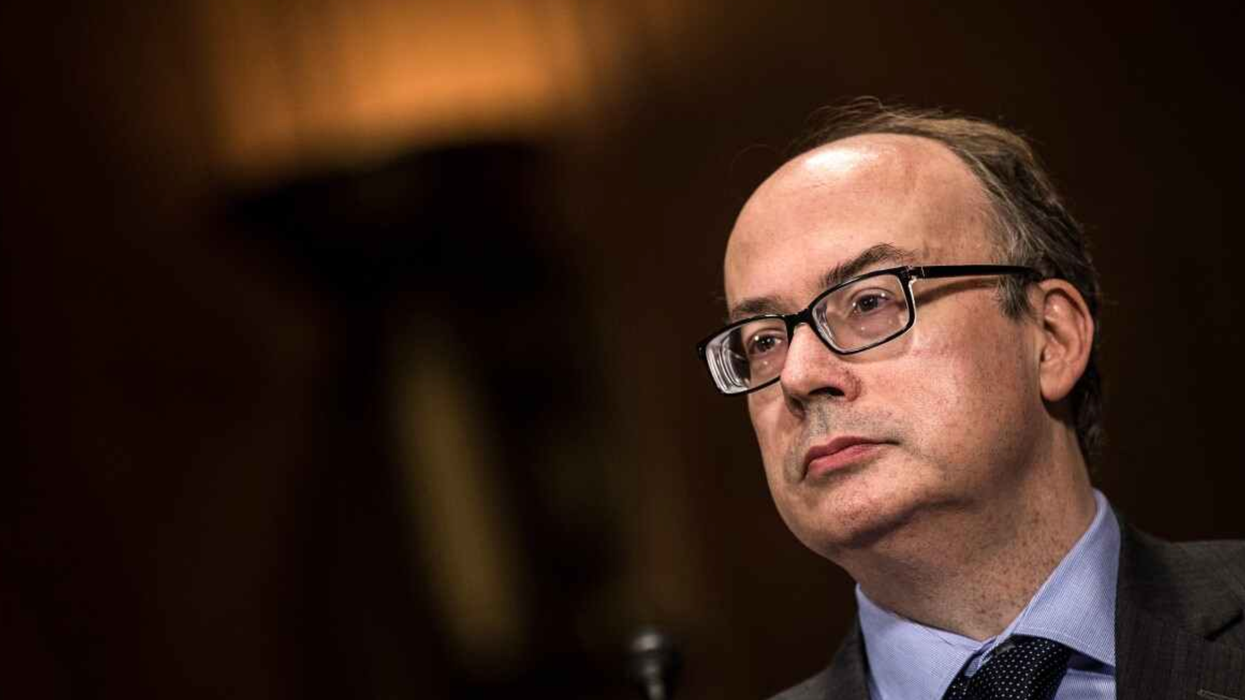
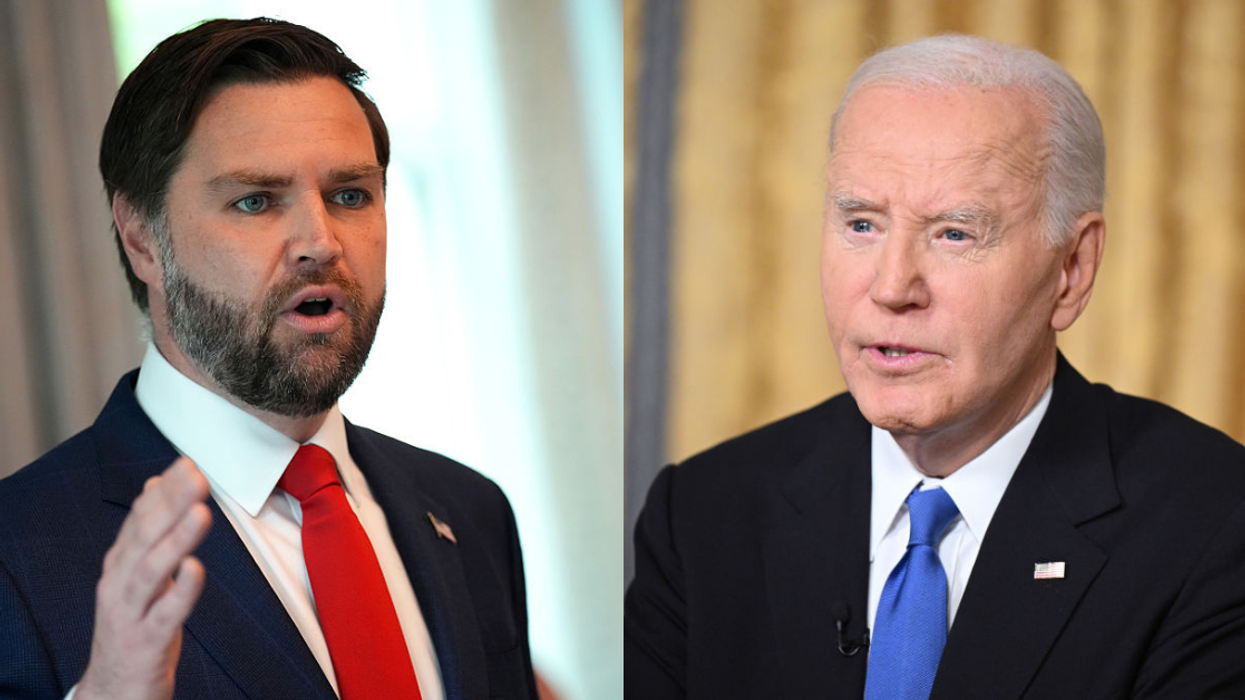

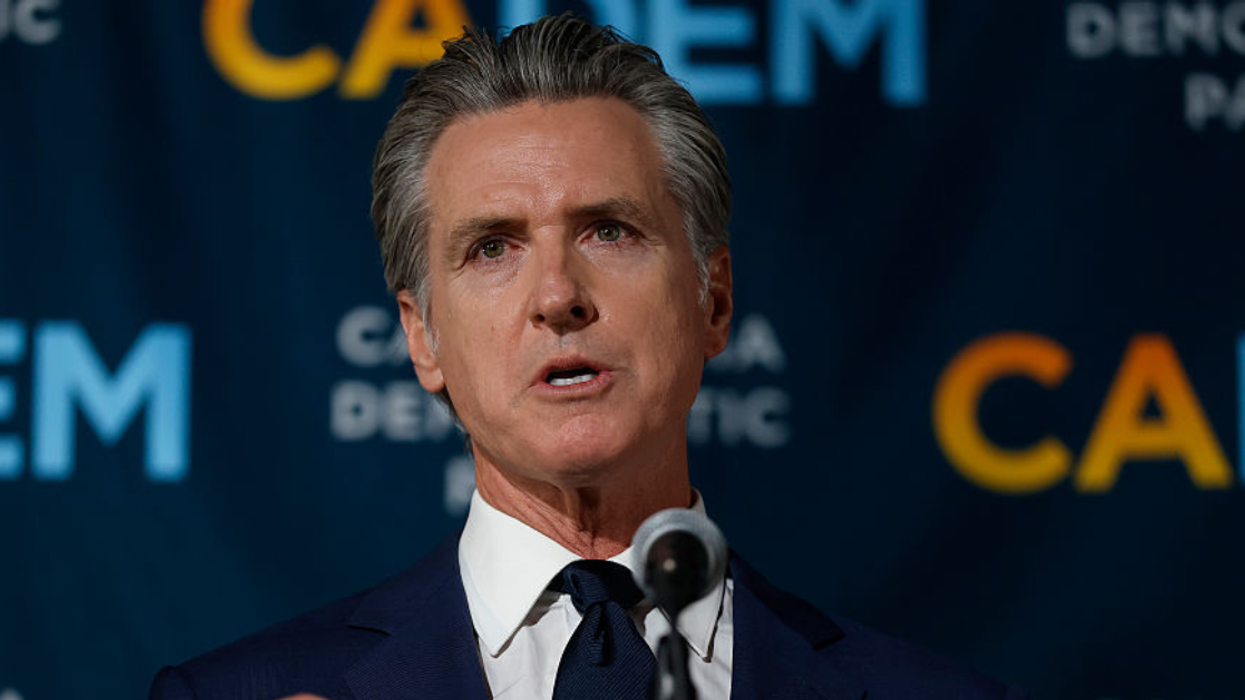


 vasosecret/TikTok
vasosecret/TikTok
 dontlookatmedoll156/TikTok
dontlookatmedoll156/TikTok alyssa.b345/TikTok
alyssa.b345/TikTok EllieBelly/TikTok
EllieBelly/TikTok Shelby Daniel/TikTok
Shelby Daniel/TikTok J/TikTok
J/TikTok indigo1009/TikTok
indigo1009/TikTok Kam/TikTok
Kam/TikTok



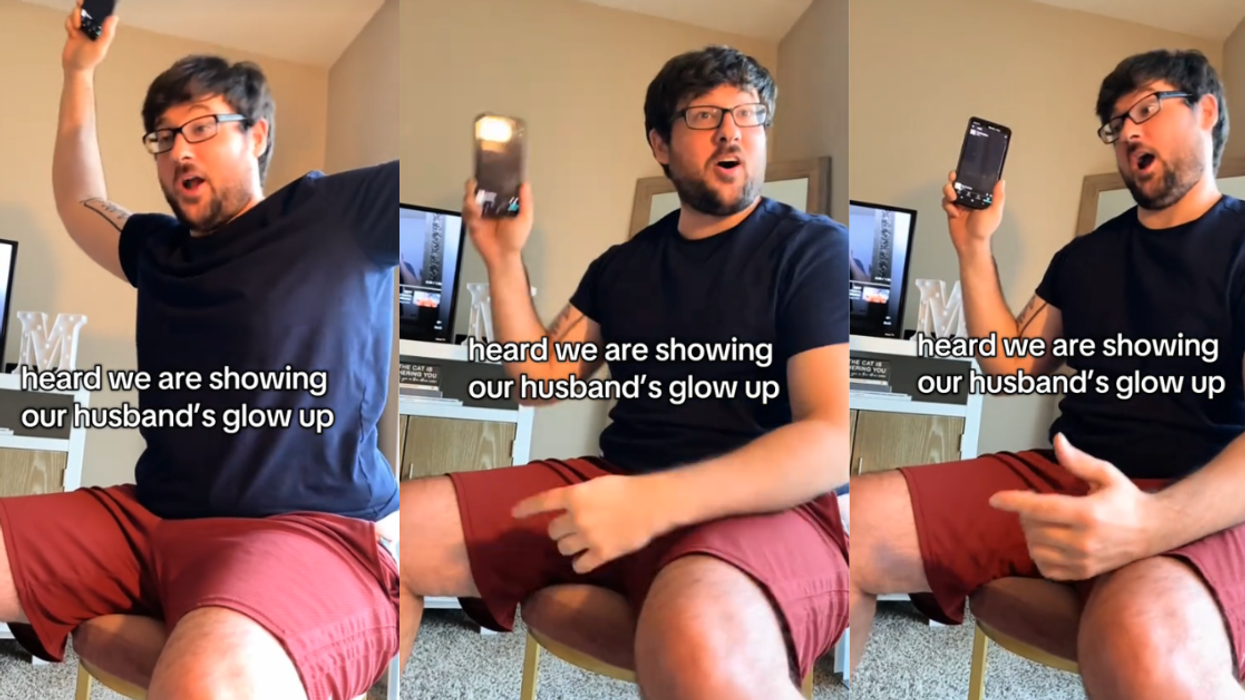
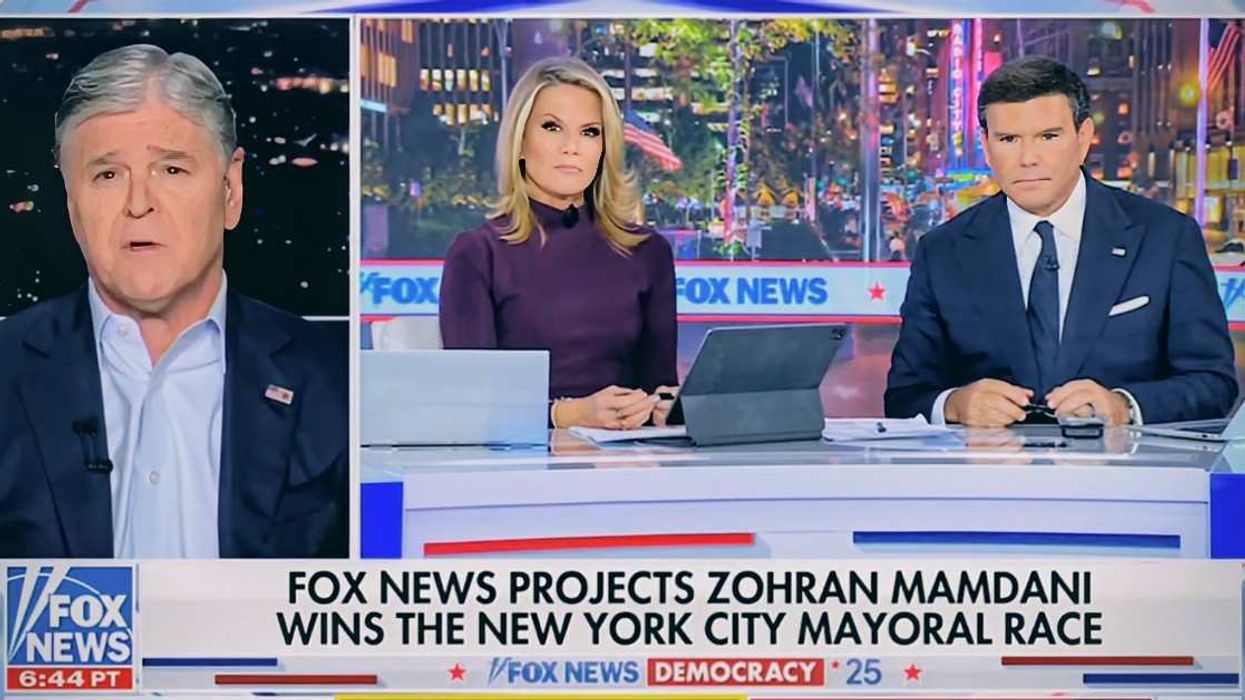
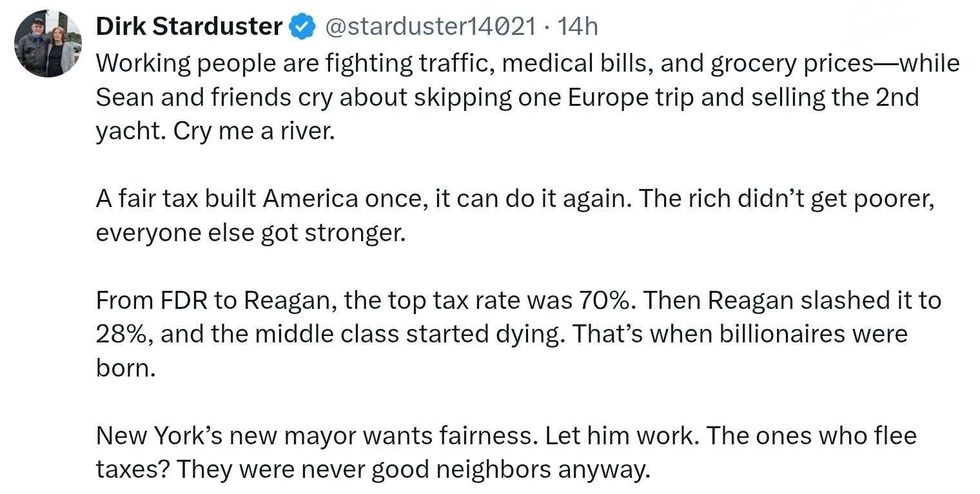 @starduster14021/X
@starduster14021/X r/TheMajorityReport/Reddit
r/TheMajorityReport/Reddit r/TheMajorityReport/Reddit
r/TheMajorityReport/Reddit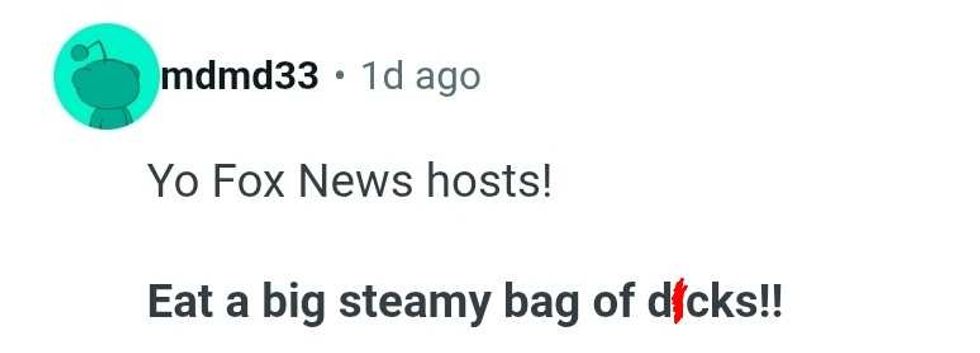 r/TheMajorityReport/Reddit
r/TheMajorityReport/Reddit r/TheMajorityReport/Reddit
r/TheMajorityReport/Reddit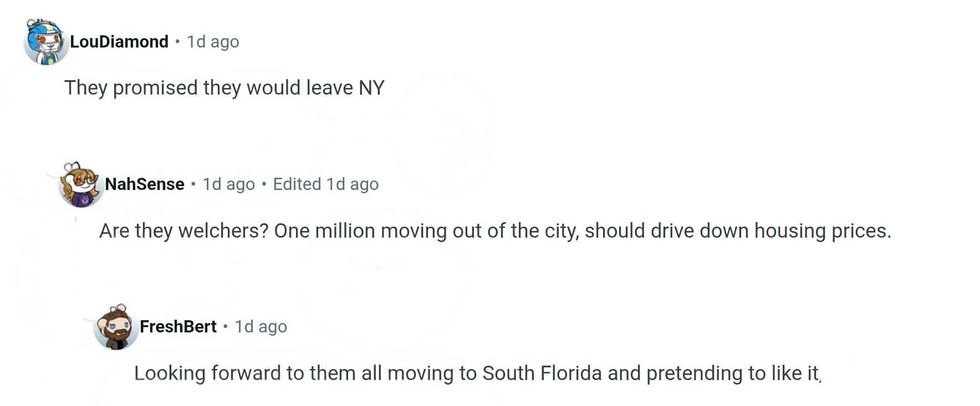 r/TheMajorityReport/Reddit
r/TheMajorityReport/Reddit r/TheMajorityReport/Reddit
r/TheMajorityReport/Reddit @sciencexspirit/Bluesky
@sciencexspirit/Bluesky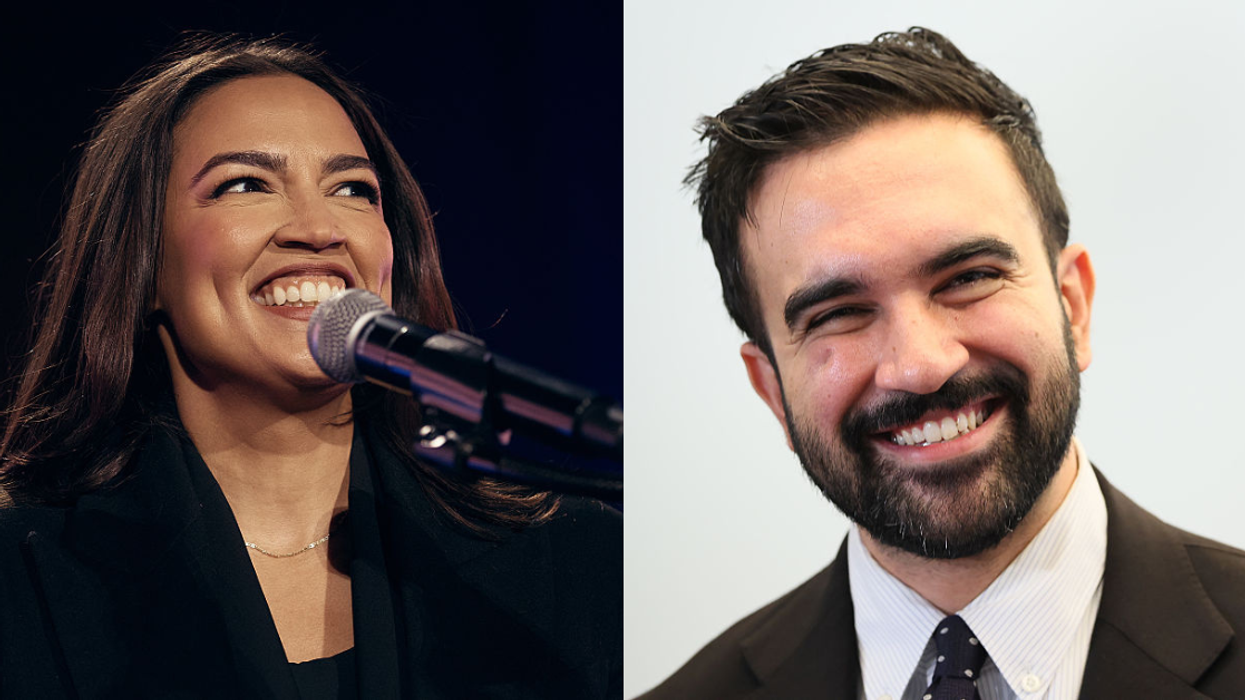
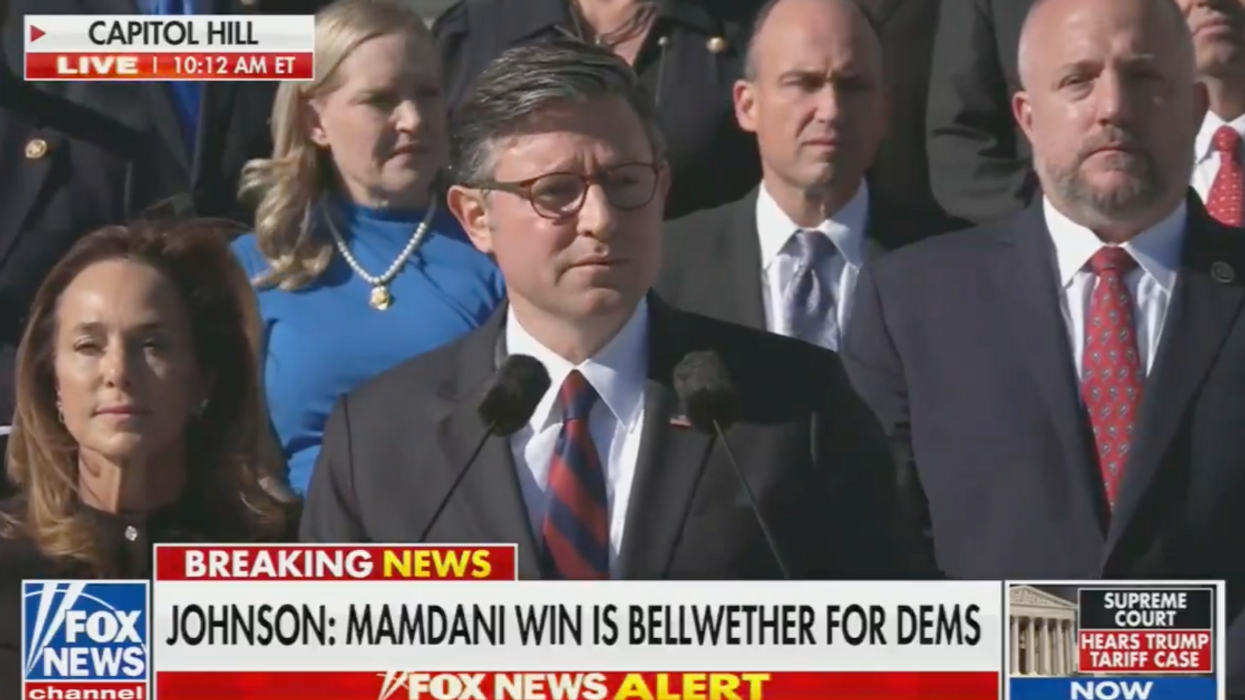

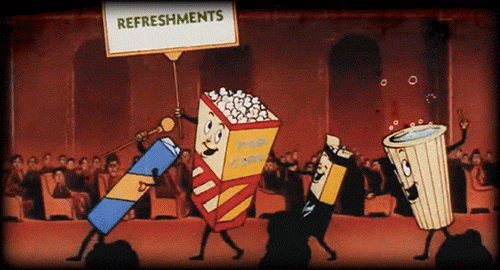 90s popcorn GIF
90s popcorn GIF 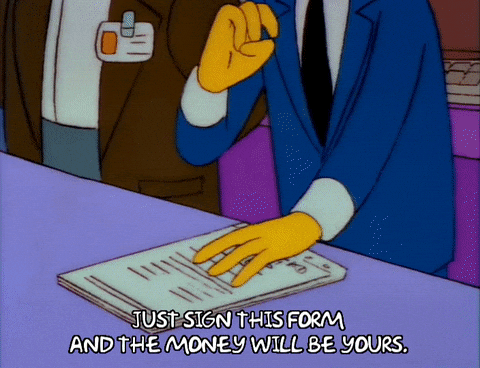 signing season 3 GIF
signing season 3 GIF  home alone pepsi GIF
home alone pepsi GIF  Machine Production GIF by Finder Relais Nederland
Machine Production GIF by Finder Relais Nederland  No No No GIF
No No No GIF